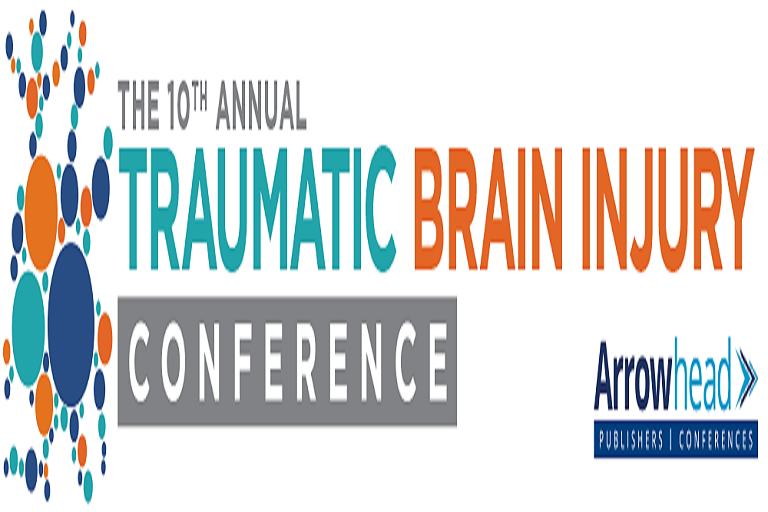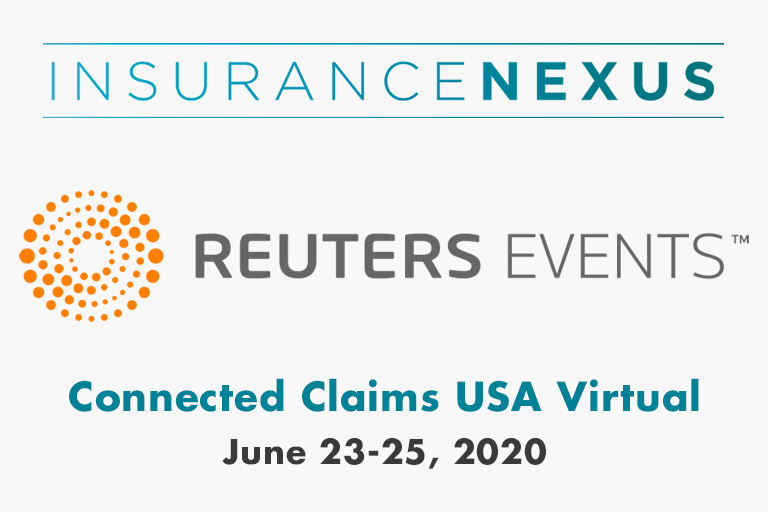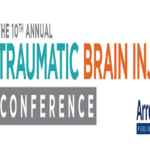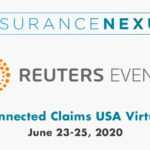Developers must walk a mile in clinicians’ shoes to create great healthcare applications.
Of the approximately 75 participants, 71% said conference rooms, 68% said conference calls, and slightly more than half said they go into the clinical setting to gather requirements. Although I do not doubt that half the participants enter the clinical setting, I couldn’t help but wonder: If clinicians answered that question, would they say IT visits more than 50% of the time to gather requirements for new software, technology, or workflow? If so, are those technologists going into the field prepared with the right mindset and skillset?
Being equipped with customer empathy is a great start. However, customer empathy needs to be coupled with “contextual inquiry,” a skill crucial for building great software.
My friend Sarah Rottenberg, associate director of the Integrated Product Design Program at the University of Pennsylvania, says, “Contextual inquiry provides teams with a toolset for understanding the needs of the people who will ultimately be using their product. It enables teams to understand what people do, their process, workflows and how the context of use influences actual use. It also helps teams understand why people do what they do, as well as their attitudes, emotions, and values that are equally critical to account for as we design.” I invited Sarah to teach some of our teams contextual inquiry, and the insights those teams have gained into user needs have been measurably effective.
The concept of contextual inquiry isn’t new. A great example of the power of immersing teams in the customers’ mindset and world comes from former Procter & Gamble CEO A.G. Lafley, in his book The Game-Changer. In 2002, as a reaction to failed products in Mexico and the need to improve product performance, P&G created a consumer immersion program called Living It. This program enabled its employees to live with consumers in their homes, eat meals with them, and tag along on shopping trips. Employees learned through firsthand experience how P&G’s products either fit (or didn’t) into consumers’ lifestyles. This discipline of contextual inquiry is a large improvement over focus groups where observers cannot fully understand the “context” of where, when, how, and why people use a product.
In addition to Living It, P&G also created the Working It program, which gave employees the opportunity to work behind the counter of a small shop. Intuit’s Catalyst program delivered the same level of consumer immersion. If you were in their payroll division, you’d run payroll for an adopted small business. If you were in Intuit’s retail point of sale business, you’d find yourself in the local candy store working the cash register.
Surely, if this type of immersion is so important for a consumer product, why in the world aren’t we aggressively adopting and executing it within healthcare? The need for us to get a solution right the first time in healthcare isn’t because it is profitable. It is because it is critical to helping people live the healthiest lives possible.
Living or working with people in their context helps us uncover the “job” for which the customer will buy a product. One problem with gathering requirements in conference rooms or conference calls — or really anywhere outside of the context — is that we cannot gather unarticulated needs. Without being in the consumer’s environment we cannot understand what they cannot articulate or what they do not want to say. To be honest, consumers cannot always tell you what they truly want.
While I do not believe one can simply read a book and understand contextual inquiry enough to actually execute the skills, I will offer a framework that practitioners often use to guide both observations and the understanding the observations: AEIOU. This acronym represents the Activities, Environments, Interaction, Objects, and Users that observations need to be coded into. While teams are out, they can gather data via photographs, note-taking, interviews, observation, videos, and other resources. They can then use AEIOU as the framework to organize what they learn. A framework such as AEIOU encourages people to look at the entire context, paying attention to parts of the experience they might otherwise have overlooked.
This is directly applicable to developing successful healthcare applications. I don’t see how we can build software that delights our users if we fail to immerse ourselves in their context with the mindset of customer empathy, coupled with the skillset of contextual inquiry. Binding these together and executing on them will help us deliver both the application and the accompanying “love metric” our customers want a product to deliver. Remember, if they love it we have succeeded.










































